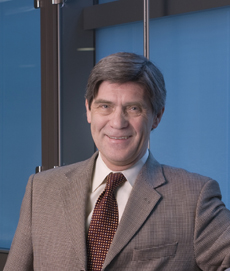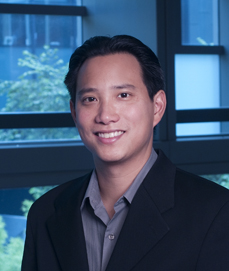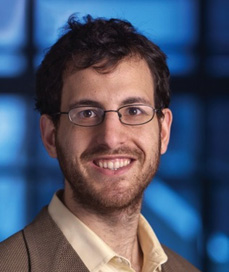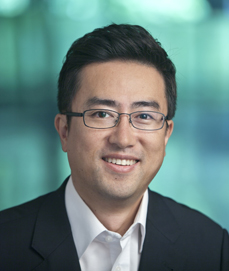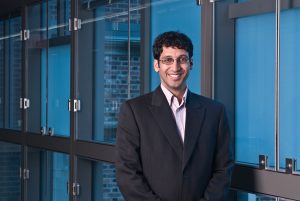Penn Engineering is pleased to announce the names of the recipients of four scholarly chairs: Drs. Danielle Bassett, Russell Composto, Boon Thau Loo and Mark Yim. These are all well-deserved honors and we celebrate the privilege of having each of these scholars among us. Two of the recipients, Drs. Bassett and Composto, are members of the Bioengineering Department.
Danielle Bassett has been named the J. Peter Skirkanich Professor of Bioengineering.
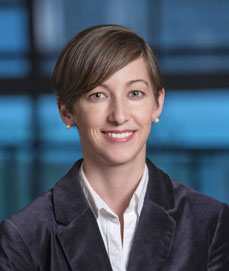
Dr. Bassett is a Professor in the department of Bioengineering at the School of Engineering and Applied Science. She holds a Ph.D. in Physics from the University of Cambridge and completed her postdoctoral training at the University of California, Santa Barbara, before joining Penn in 2013.
Dr. Bassett has received numerous awards for her research, including an Alfred P Sloan Research Fellowship, a MacArthur Fellowship, an Office of Naval Research Young Investigator Award, a National Science Foundation CAREER Award and, most recently, an Erdos-Renyi Prize in Network Science to name but a few. She has authored over 190 peer-reviewed publications as well as numerous book chapters and teaching materials. She is the founding director of the Penn Network Visualization Program, a combined undergraduate art internship and K-12 outreach program bridging network science and the visual arts.
Dr. Bassett’s research is in the area of complex systems and network science, with applications to biological, physical and social networks. She examines dynamic changes in network architecture, the interaction between topological properties of networks, and the influence of network topology on signal propagation and system function. To learn more about Dr. Bassett and her research, please visit her faculty profile.
The J. Peter Skirkanich Professorship was established to honor J. Peter “Pete” Skirkanich, an alumnus, trustee and member of the School of Engineering and Applied Science Board of Overseers who also served as co-chair of Penn Engineering’s “Making History through Innovation” capital campaign and was a member of the University’s “Making History” steering committee. His generous support for Penn Engineering paved the way for Skirkanich Hall.
Russell Composto has been named the Howell Family Faculty Fellow in the School of Engineering and Applied Science.

Dr. Composto is a Professor in the department of Materials Science and Engineering at the School of Engineering and Applied Science with secondary appointments in Bioengineering and Chemical and Biomolecular Engineering. He joined Penn in 1990 after an appointment as a Research Scientist at Brookhaven National Laboratory and a postdoctoral fellowship at the University of Massachusetts. He is an alumnus of Cornell University, where he received his doctoral degree in 1987.
Dr. Composto is a member of a number of centers and institutes and is the director of Research and Education in Active Coatings Technologies (REACT) for human habitat, a Partnerships for International Research and Education (PIRE) project funded by the National Science Foundation (NSF) and the University of Pennsylvania. Dr. Composto is a previous recipient of the Provost’s Award for Distinguished PhD Teaching and Mentoring. He also serves at the Associate Dean for Undergraduate Education at Penn Engineering.
Dr. Composto’s research is in the area of polymer science and biomolecular engineering. His interests extend to polymer surfaces and interfaces, adhesion and diffusion, and nanocomposite polymer blend and copolymer films. His biomaterials work centers around manipulating the surface of polymers to elicit control over protein adsorption, as well as cell adhesion, orientation, and function, and he has an active research program at the interface of polymer science and biomolecular engineering, which combines block copolymer self-assemble as a basis for orienting stiff biological molecules. To learn more about Dr. Composto and his research, please visit his faculty profile.
The Howell Family Faculty Fellow was established to provide financial support to a faculty member in the School of Engineering and Applied Science. This faculty fellow helped launch the dean’s strategic goal to increase the School’s number of named, endowed faculty positions.
Read the full article on the Penn Engineering blog.


